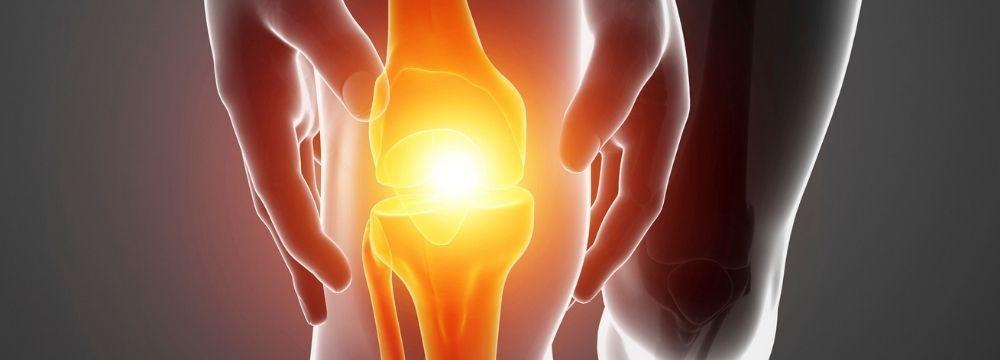
Excess weight and obesity have been definitively linked to osteoarthritis, the early degeneration of the joints. As the prevalence of obesity and morbid has increased in the United States and worldwide over the past few decades, we have seen an increasing number of patients who visit us with serious and sometimes debilitating knee, hip, and back pain. We have seen more of these patients, typically younger than in years past.
Of course, the most obvious explanation is that the excess weight pressed on the joints, and the strong but ultimately sensitive cartilage within the joint begins to wear down, much like any part of the engine in a car. The harder the joint is pushed, the faster the wear and tear. However, we have learned in recent years that the mechanism of joint degradation due to excess weight and obesity goes beyond the mechanical forces. We’ve noticed that the inflammation caused by adipose or white fat tissue attacks the joints and opens a second front in the war against joint health. This combination of mechanical and chemical attacks is one of the reasons why you may be experiencing joint pain at such a young age.
Staring down pain and potential disability due to excess weight makes weight loss surgery look far less drastic. After all, if we tore our ACL or had bone-on-bone contact in a joint, we wouldn’t think twice about having surgery to correct it, if appropriate. Yet, improving or eliminating a cause (obesity) of many diseases that we may face remains a tough decision. Of course, we understand why, but our goal is to educate patients and have them understand that the consequences of living with significant excess weight or obesity can be far greater than any risk they take in surgery.
Below, you will hear from Carmen, one of our recent gastric bypass patients and one of the participants in our 2023 bariatric surgery fashion show. Carmen had the classic symptoms of osteoarthritis in the form of knee and back pain. Her pain was serious enough that she needed injections in her knee to help:
The bottom line is that joint pain should not be dismissed as a natural part of aging. Eventually, it will be, but if you have weight to lose, addressing the root cause of the joint pain will always be preferable to ignoring it and eventually needing more significant intervention. It may also be interesting to know that there is a BMI cut-off for joint replacement surgery. Most orthopedic surgeons will not perform surgery on patients above a BMI of 40 or 45. This is because the surgical risks are significant, but also because the artificial joint may not last as long as it should due to the pressure and inflammation caused by the excess weight
We’d like to encourage you to watch our online bariatric seminar or to visit us for a consultation so that you may understand more about weight loss surgery, what it involves, and whether it makes sense for your situation.









